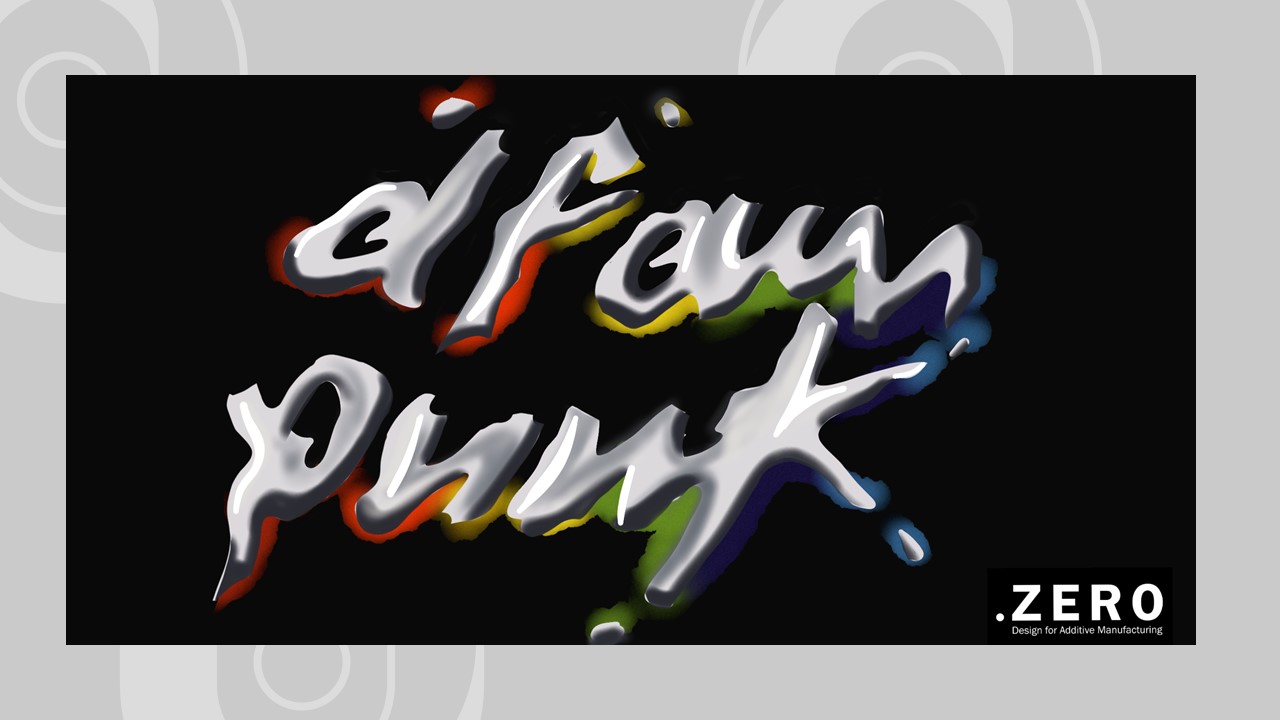“Our work is never over”
Daft Punk claimed this sentence several times in their song, referring to the repetitive hard work in factories.
Since the first industrial revolution, disruptive innovations upset not only the way of producing things, but also the way of perceiving the world, involving both economic and social aspects of everyday life.
Of course, many steps ahead have been done since then: as the introduction of steam machines in first Industrial Revolution reduced the use of human raw power and speeded up many processes, the electricity and series production required massive human presence in the factories to further increase the productivity in the second one.
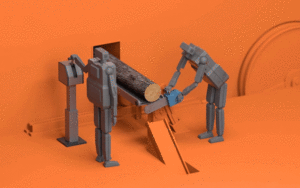
Today many are asking: Are we going into a future of unemployment?
My answer is: OF COURSE NOT
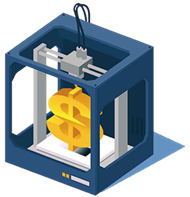
Speaking of Additive Manufacturing (the industrial field in which .ZERO operate), automation is the key to push 3D printing technologies deeper into the production landscape. We all recognize the potential of 3D printing for many reasons but costs are often too high for most of applications.
Higher costs could be acceptable thinking that 3D printers are relatively new technologies, materials production (especially metal powders) is still very expensive and the level of skills required in terms of engineering is high. According to Lindemann (Lindemann, C. et al. “Analyzing Product Lifecycle Costs for a Better Understanding of Cost Drivers in Additive Manufacturing.” (2012)), machine and material costs account for about 80% of the total, but an important 14% remains attributable to the pre + post process carried out by humans.
The real matter is the high impact on the price related to the amount of labor required in pre/post-processing, not justified by a real added value.
I’m not saying humans are the problem: I’m just saying humans must be the added value.
Currently we are working on a project that has the main goal of semi-automate the preparation process for high-end custom painting. Does this lead to an unemployed artist? No, this will reduce the total amount of time spent for lower-level shop-floor jobs, giving the painter more competitiveness in terms of prices.
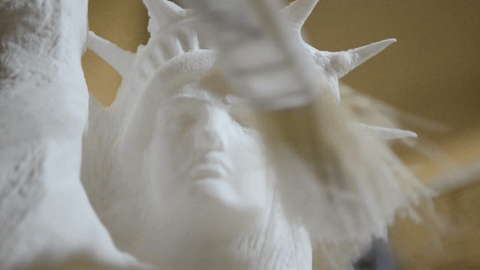
The same can be for 3D printing production processes: with an appropriate DfAM (Design for Additive Manufacturing) robots will be able to move parts from one machine to another, automating the whole process, including post-processing (yes, it is feasible, you will know more in a next episode… 
As any other production methods, additive manufacturing requires engineered details in order to guarantee not only the quality of the product, but also the easiness of:
- Extracting parts from the printer batch;
- Moving parts from the printer to other areas of the plant;
- Removing all supports when required;
- Cleaning parts from exceeding powder/resin;
- Identify parts by automatic systems;
- Carrying out metrological inspections;
- Increasing surface quality;
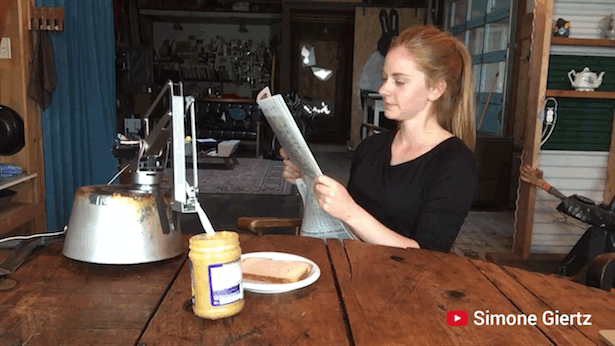
While most of the activities listed above can be (quite) easily tackled by a human even if they are not engineered, they result dramatically hard for a robot if parts are not properly designed.
Currently, in the manufacturing sector, 64% of operations can be potentially automated, according to McKinsey : we are talking of about 330’000’000 potential unemployed people.
Even highly skilled service engineers are potentially at risk as machines are becoming able to predict maintenance services and order spare parts before failures happen.
As stated at the beginning, previous industrial revolutions always strongly affected many aspects of the society: just think about how cars then and smartphones today changed our lives… It seems not only a matter of production methods.
Progress is oriented to get better life condition and overall wellness: why this should not be valid in case of robotics and automation? Why do we see that as a menace for us?
We can take this big opportunity to move on from traditional jobs, developing new skills and exploiting the extraordinary features which makes the human being different from any other animal: instead of spending 8 hours a day doing repetitive tasks maybe people will spend that time “teaching” robots how to do them, thinking about more applications, improving the process…
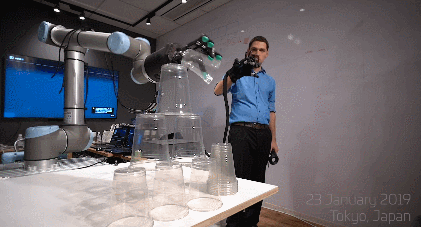
Robots are not here to steal our job, but to change it. As Daft Punk (or DfAM Punk, can’t remember) says: our work is never over.
ES

